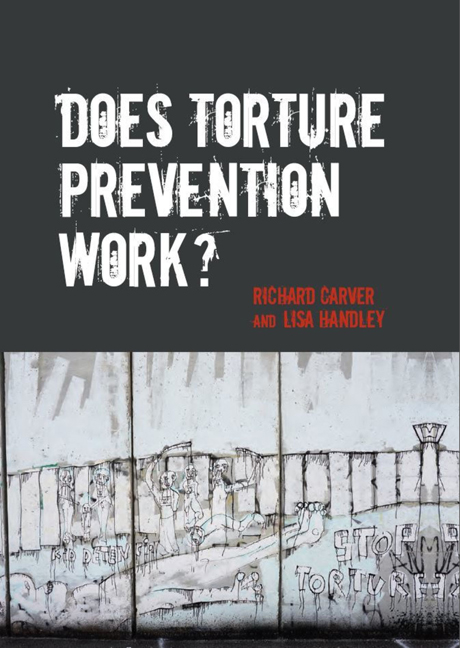11 - Georgia
from Prevention Expected
Summary
For much of the period under review (1985–2014), political turbulence significantly affected the incidence of torture and ill treatment in Georgia. In 1985 the country was a Soviet Republic. Independence, restored in 1991, was followed by a civil war and military coup, secessionist ethnic conflicts in Abkhazia and South Ossetia, an attempt to assassinate the President, and extremely high crime rates. Between the late 1990s and early 2000s, the country was relatively stable but riddled with corruption and economically stagnant. The peaceful ‘Rose Revolution’ (2003) introduced reforms, strengthened institutions, and campaigned against crime. Georgia's notorious torture record, however, continued to be at the centre of human rights concerns. A new coalition government, established at the end of 2012, declared that liberal reform of the criminal justice was one of its priorities but it is too soon to judge whether its commitment to human rights will be sustained or effective.
Introduction
In the beginning of the research period Georgia was a Soviet Republic. Politically and economically, it was relatively stable. Concerns about torture focused on beatings during police detention. Prison management was disciplined and the physical abuse of prisoners by prison guards was rare.
Georgia held multiparty parliamentary elections in 1990, which were won by a pro-independence opposition coalition, Round Table-Free Georgia. On 26 May 1991, the former dissident and nationalist Zviad Gamsakhurdia was elected President. His administration generated widespread dissatisfaction and sparked separatist movements in Abkhazia and South Ossetia, regions that border Russia. On 21 December 1991, the National Guard rebelled, supported by the Mkhedrioni, and toppled the Gamsakhurdia government on 6 January 1992.
A post-coup government was formed by members of the State Council. Eduard Shevardnadze, former Foreign Minister of the Soviet Union, returned to Georgia to chair it. The following two years were chaotic. Armed conflict in the Abkhazian Autonomous Republic, supported by the Russian military and armed groups from the North Caucasus, led to Abkhazia's de facto secession. This war, combined with the power vacuum and the chaos, worsened the incidence of torture. Many people were detained and paramilitary groups committed numerous abuses across the country, especially in the Samegrelo region bordering Abkhazia.
- Type
- Chapter
- Information
- Does Torture Prevention Work? , pp. 395 - 418Publisher: Liverpool University PressPrint publication year: 2016



